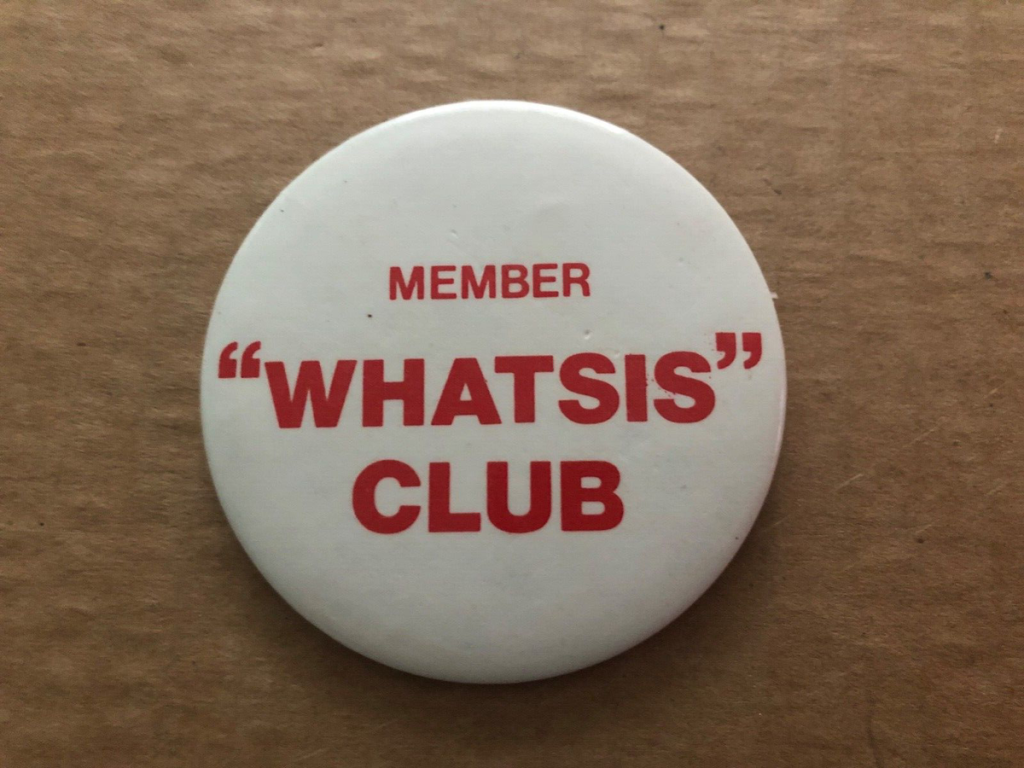When caregiving continues for a few years, there are days when it seems like it’s never going to end, and days when you’re terrified it may actually be coming to an end. One thing is universal, however—the situation rarely gets better.
My mom was in amazingly decent shape for 98.5 years, but little by little she began to falter. She became a bit more ornery and a bit more docile. She ate less. Then her teeth started falling out and she ate even less. Drinking fluids became a problem. Although she remained with it, social and engaged until the end, she started to sundown in the final months. And COVID isolation made everything worse.
As her health changed, her nursing situation changed and my responsibilities changed. I had to start facing the inevitable without wanting to acknowledge it. Her nurse, aide and physical therapist constantly telling me how well she was doing was a balm but only led me to believe there was more time than there was.
Then, even near the end, the inefficiencies (and comedy) of the health care system had their way.
On Wednesday of the last week, I had to leave the house to run some errands and wouldn’t be back until the evening. Lakita, our trusted aide, agreed to stay late, but Mom was annoyed. We argued that morning, not much different from other arguments we had in the final years—“I have to leave.” “No, you don’t!”—but voices were raised on both sides. On one hand, I was encouraged that Mom still had the energy to want to pick a fight. On the other hand, I didn’t want to fight.
I had to leave and would be back later. We’d done this dozens of times. She’d be fine.
As bad luck would have it, everything took longer than anticipated, and then I got stuck in a major traffic jam on the George Washington Bridge. Lakita called me. “Where are you?” she asked. “Your mother is convinced you had an accident. She’s very upset.”
“I’m stuck in traffic,” I replied. “I didn’t have an accident. I’ll be home soon.”
That wasn’t good enough. Mom needed to hear it for herself. From me. Even then she didn’t seem convinced.
By the time I arrived home, a visiting nurse was there to try to calm Mom down, and Mom nearly burst into tears when I walked through the door.
“Finally,” she said. “I was so worried. Come here, let me hug you.”
The nurse was a little concerned with Mom’s oxygen levels and agitation. Was her heart rate elevated because she’d been agitated at me leaving or because of her anxiety about my lateness (and did it really matter?), and she asked Mom if she wanted any morphine. Since Mom weighed under 110 pounds for much of her life, I feared that any morphine might be too much morphine, and Mom was from the generation who believed that “they” gave you morphine right before they called the undertaker. She vehemently rejected the offer.
The nurse reluctantly agreed—I was sure she’d lost enough arguments with feisty, elderly women—but said she was going to order an oxygen machine to bring up Mom’s levels.
The next night, the doorbell rang, and I was asked to sign for a big, heavy oxygenator. It had a few knobs on the front, and places to attach tubing. The delivery man handed me the tubing in a plastic bag along with a sheet of directions.
And left.
The directions were not helpful. Although I didn’t need to put together the machine like it was an IKEA bookcase, I did need to know how it worked and what level of oxygen Mom needed. Hooking up the air tube was easy, but did Mom require level 1 oxygen, or did I need to turn it up to a Spinal Tap level 11? If she started to levitate, was that how I would know I was giving her too much?
I called Visiting Nurses because they were the ones who ordered the machine and asked what to do. The nurse said the man who delivered it should have shown me everything. I said, “He didn’t even wheel it into the apartment.”
An hour later, another nurse arrived and set it at 3 (”Because why not 3?”), put the cannula in Mom’s nose and asked her how she was feeling. She shrugged. Asked if she felt the oxygen, Mom said, “Not really.” The nurse, however, felt the air coming out, took Mom’s pulse/ox and listened to her heart. She seemed satisfied.
For maybe the third time, the nurse asked Mom if she would be more comfortable in a hospital bed, and for the third time, she said no. In her mind, a hospital bed was akin to morphine. And she certainly didn’t want a hospital bed in the living room—suppose we had company?
She was content in her recliner and would stay that way for another few days.

Howard Gensler is a veteran journalist who has worked at the Philadelphia Daily News, TV Guide and the Philadelphia Inquirer and has freelanced for dozens of magazines and websites. Gensler wrote the story for the 2012 movie Hysteria, starring Maggie Gyllenhaal and Hugh Dancy. In between jobs, he worked as a caregiver for his mom.



